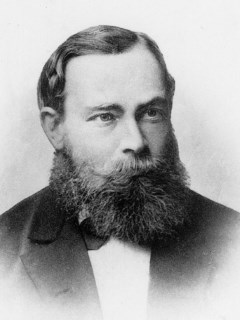

Frege and Russell on assertion
pp. 151-161
in: Maria van der Schaar (ed), Judgement and the epistemic foundation of logic, Berlin, Springer, 2013Abstract
Russell claims in Principles of Mathematics (1903) that grammar brings us closer to a correct logic than do the opinions of philosophers. In chapter IV of that book, he sets out to treat the nature of assertion, propositions, and the terms of grammar, prefacing his investigations with the remark, "in what follows, grammar, though not our master, will be taken as our guide" (PoM, §46, p. 42). Some may find this remark curious, for in so much of Russell's early work, there is more in common with the views of Frege and of other mathematically oriented logicians (e.g., Cantor, E. Schröder and Peano) than there is with the work of logicians whose conception of logic cleaves closely to the categories of traditional grammatical analysis. Representative of this latter group is the early twentieth-century logician W. E. Johnson, from whom Russell claims in the preface to Principles to have received "many useful hints" (ibid., p. xviii).



